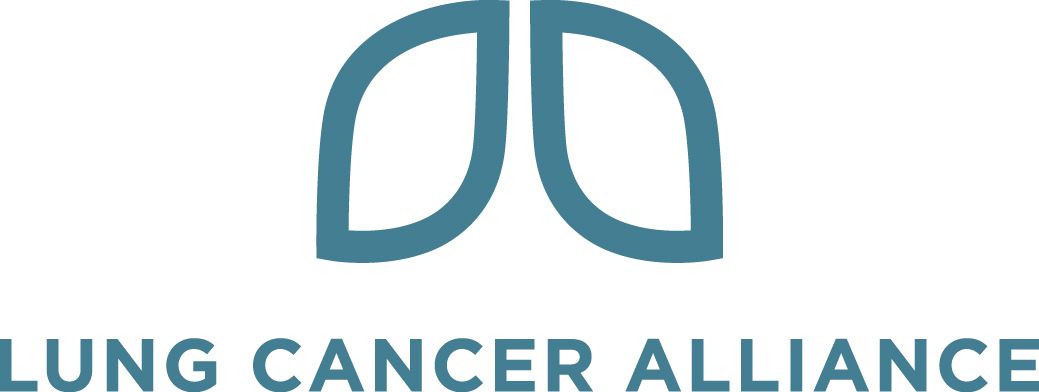
Survivor Prevails Over Lung Cancer with Precision Medicine and Volunteerism

Precision medicine has prolonged life for many with lung cancer, giving them opportunities to support those who are newly diagnosed.
Paul Ehlin will never forget the doctor’s crushing words to his wife, Audrey, when she was diagnosed with
“That was 12 years ago,” Paul, accompanied by Audrey, told a room full of lung cancer survivors, caregivers and their doctors at a meeting Fort Lauderdale, Fla., on May 16. “In the last couple of years, she’d do yearly scans, and every year they were good. She had a scan six months ago and they said, ‘You’ve got cancer in your other lung.’ But l now know that you have to have a lot of hope.”
Prevailing over lung cancer with precision medicine — and by taking personal action to help stamp out the disease — were the themes of the meeting held by the GO2 Foundation for Lung Cancer, an organization formed by the recent merging of the
Given their improved overall prognosis, many survivors asked how they could give back to the lung cancer community, and the GO2 Foundation had answers: Use personal networks to encourage those eligible to undergo screening for lung cancer, share cancer journeys with legislators to help secure government funding for research, and find ways to offer emotional support to patients beginning their journeys.
“We never had advocates before, because nobody survived,” said Dr. Luis E. Raez, chief of hematology/oncology and medical director at Memorial Cancer Institute in Fort Lauderdale, where all the patients who attended are treated. “Now, you guys are surviving, and hopefully some of you are cured, and that’s why we have the opportunity to also make a difference for the new patients to come.”
The meeting was one in a monthly series of
Raez moderated the May panel of health care providers that also included nurse navigator Mihaela Roldan; radiation oncologist Dr. Ana Botero; thoracic surgeon Dr. Francisco Tarrazzi; and medical oncologist Dr. Gelenis Domingo.
The practitioners called upon patients and their loved ones to take action in numerous ways.
Raising Money and Awareness
Raez suggested that patients collaborate with the GO2 Foundation to raise funds and awareness.
“More and more, we’re seeing survivors, and if they talk and raise awareness, we’ll have better results,” he said. “It’s a matter of changing your environment, your close network. … There are minor or major things we can do — every single person and every relative. We can create an impact.”
The Go2Foundation offers many suggested ways for those affected by lung cancer to help: launching fundraising campaigns or grassroots events, donating money, financially supporting an awareness or fundraising event, employee gift matching, volunteering in various small or big ways, or buying the organization’s branded products.
Lobbying
Emily Eeyers, the chief program officer for the GO2 Foundation, asked patients and their families to support the Women and Lung Cancer Research and Preventive Services Act of 2018, which would fund a national awareness campaign about lung cancer in women and the importance of prevention, and expand lung cancer screening to people who don’t fit the current criteria.
“We need you to come to Washington in July when have our 11th Annual National Advocacy Summit and tell your stories to your legislative officials,” she said. “Tell them to support this historic legislation. Your elected officials listen to you. We want to get every state representative to support this.”
The summit will take place July 21 through 23 at the Washington Marriott at Metro Center in Washington, D.C. It will bring like-minded people together and train them to tell their stories to legislators, with whom meetings are pre-scheduled.
Offering Emotional Support
Patients and survivors interested in serving as “buddies” to people newly diagnosed with lung cancer have a couple of options, those at the meeting were told.
GO2 has a phone buddy program that has been in operation for nearly 20 years. It matches up similarly diagnosed patients and their caregivers based on gender, age and types of treatments and side effects. “A lot of the phone buddies have been involved the whole time, and many for a decade, if not longer,” Eeyers said.




